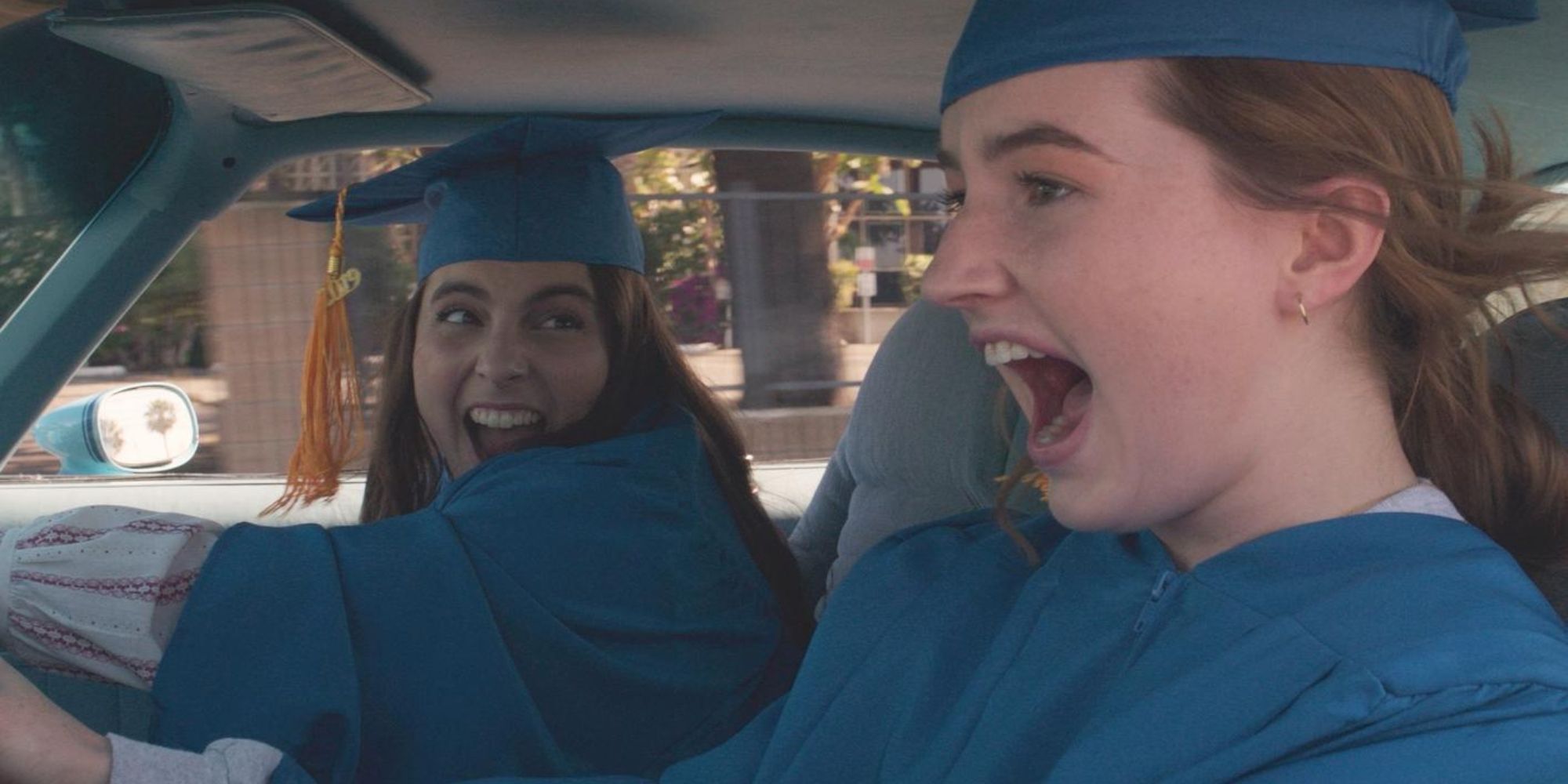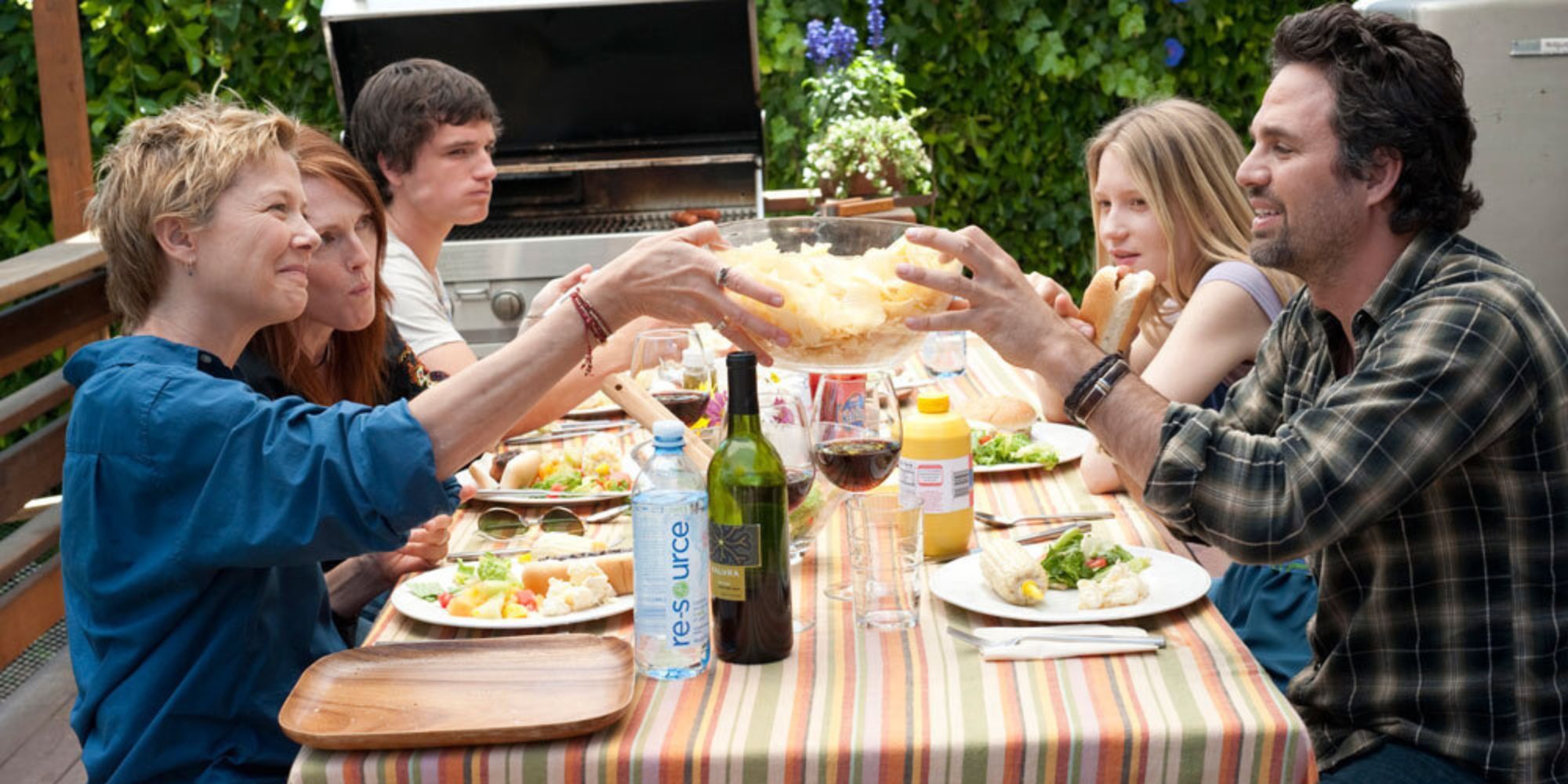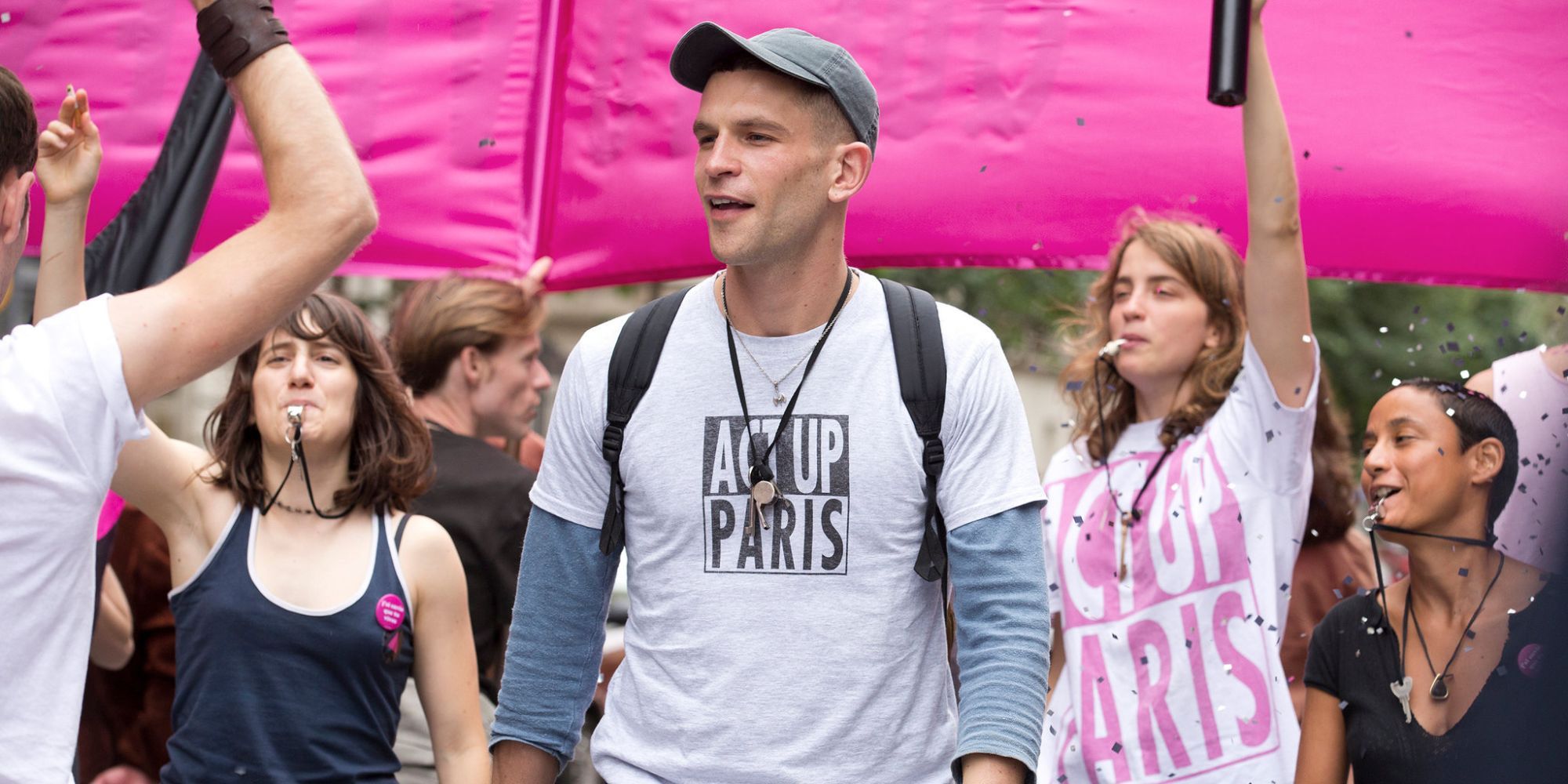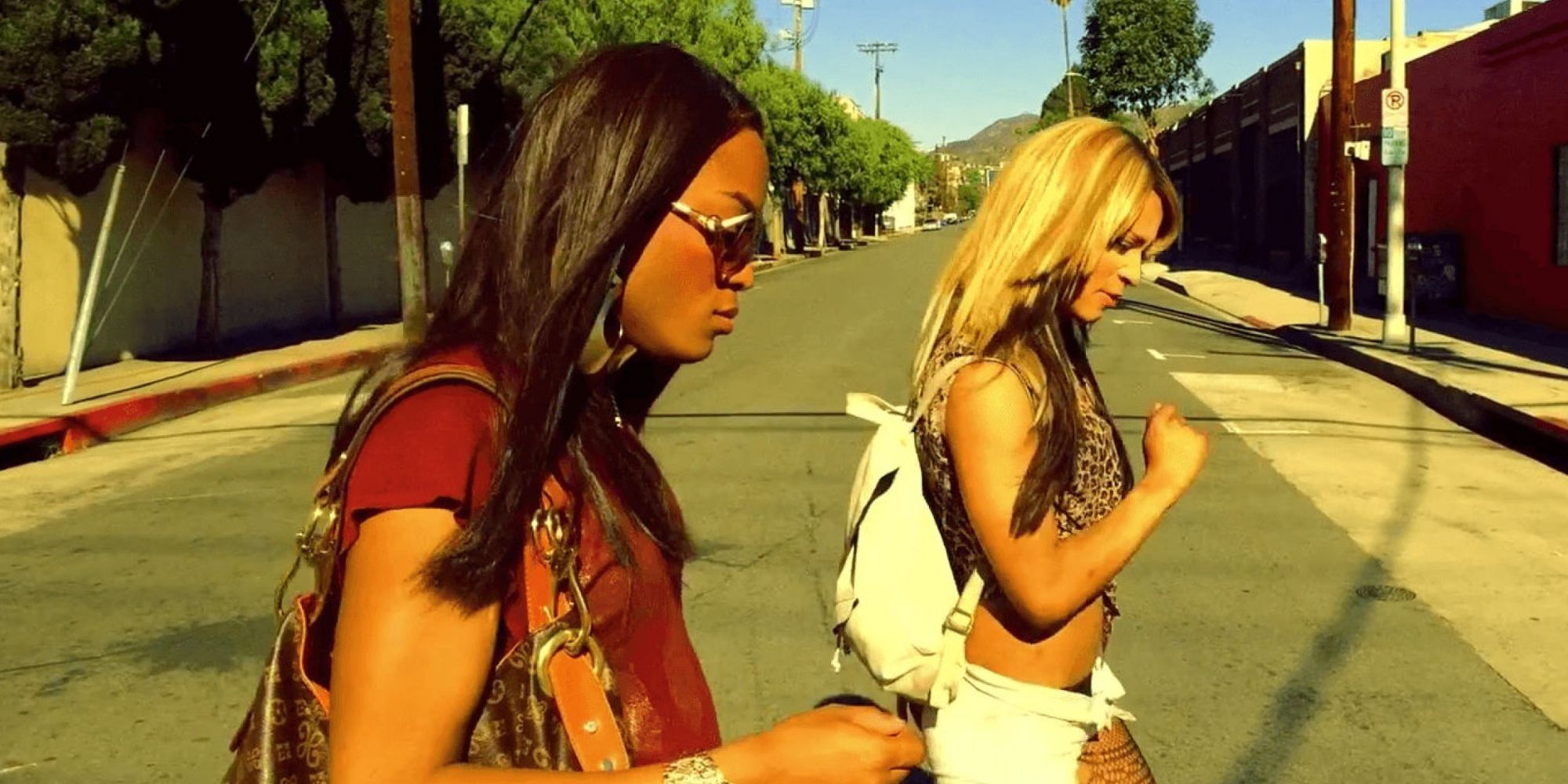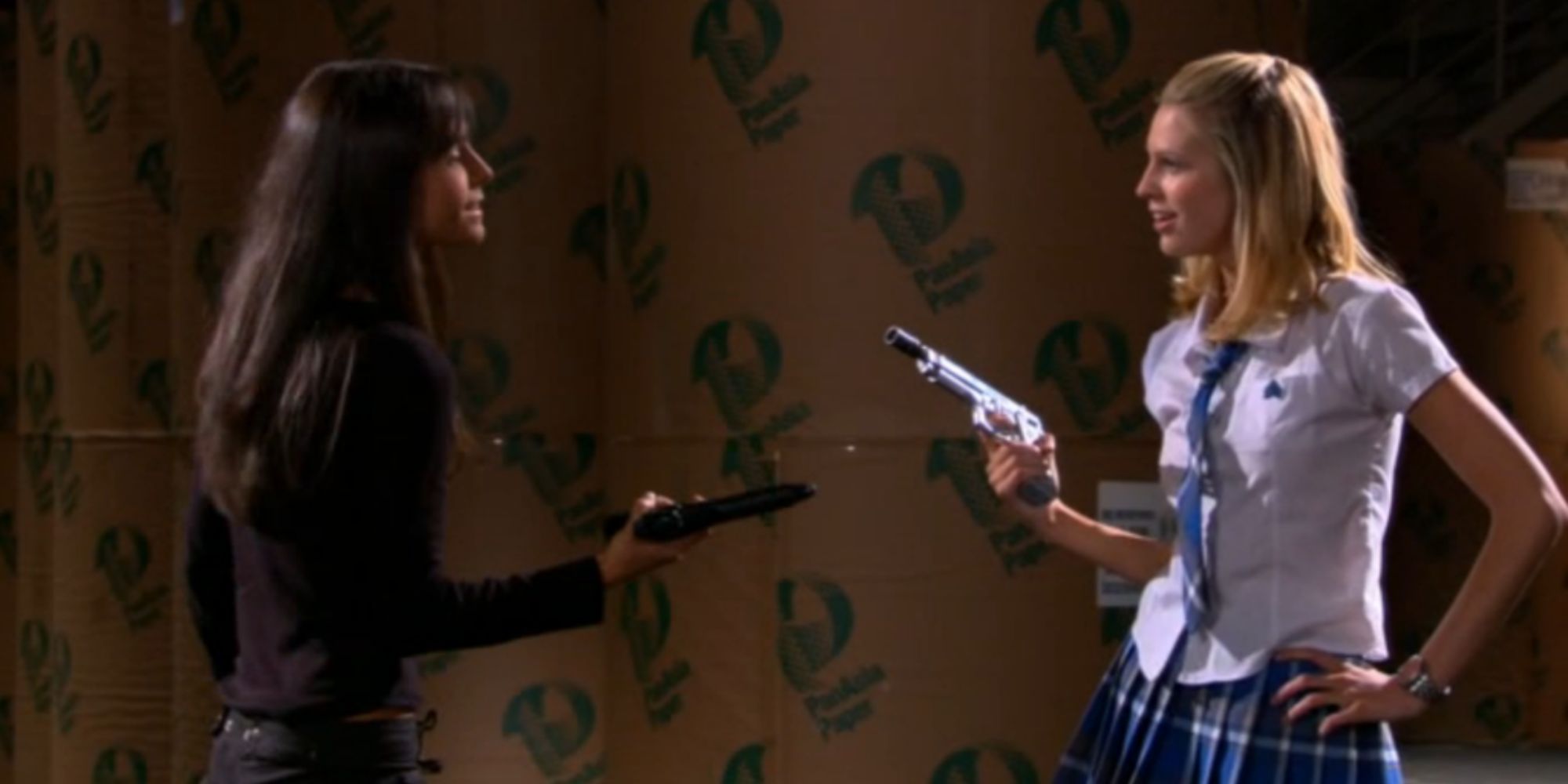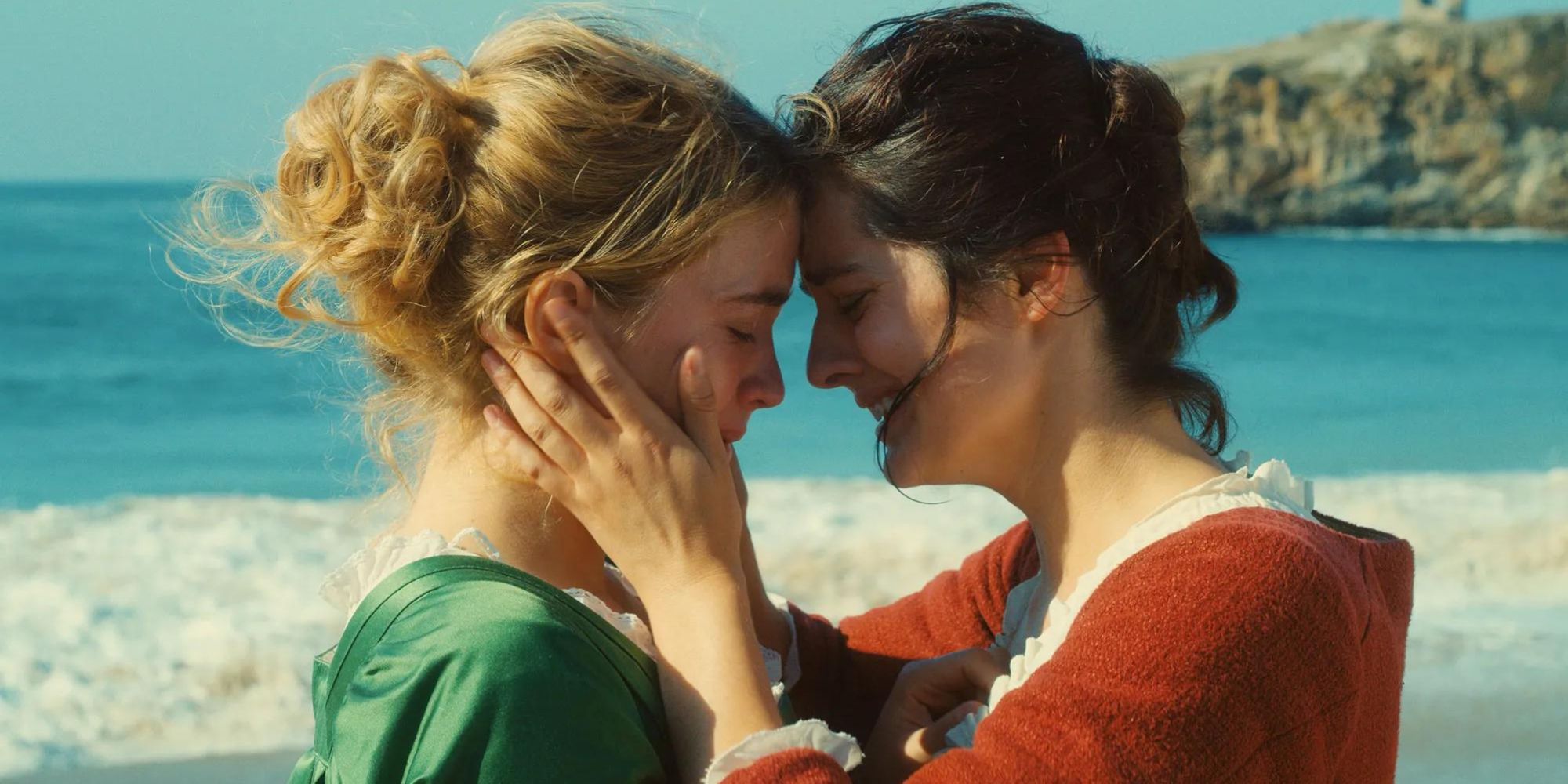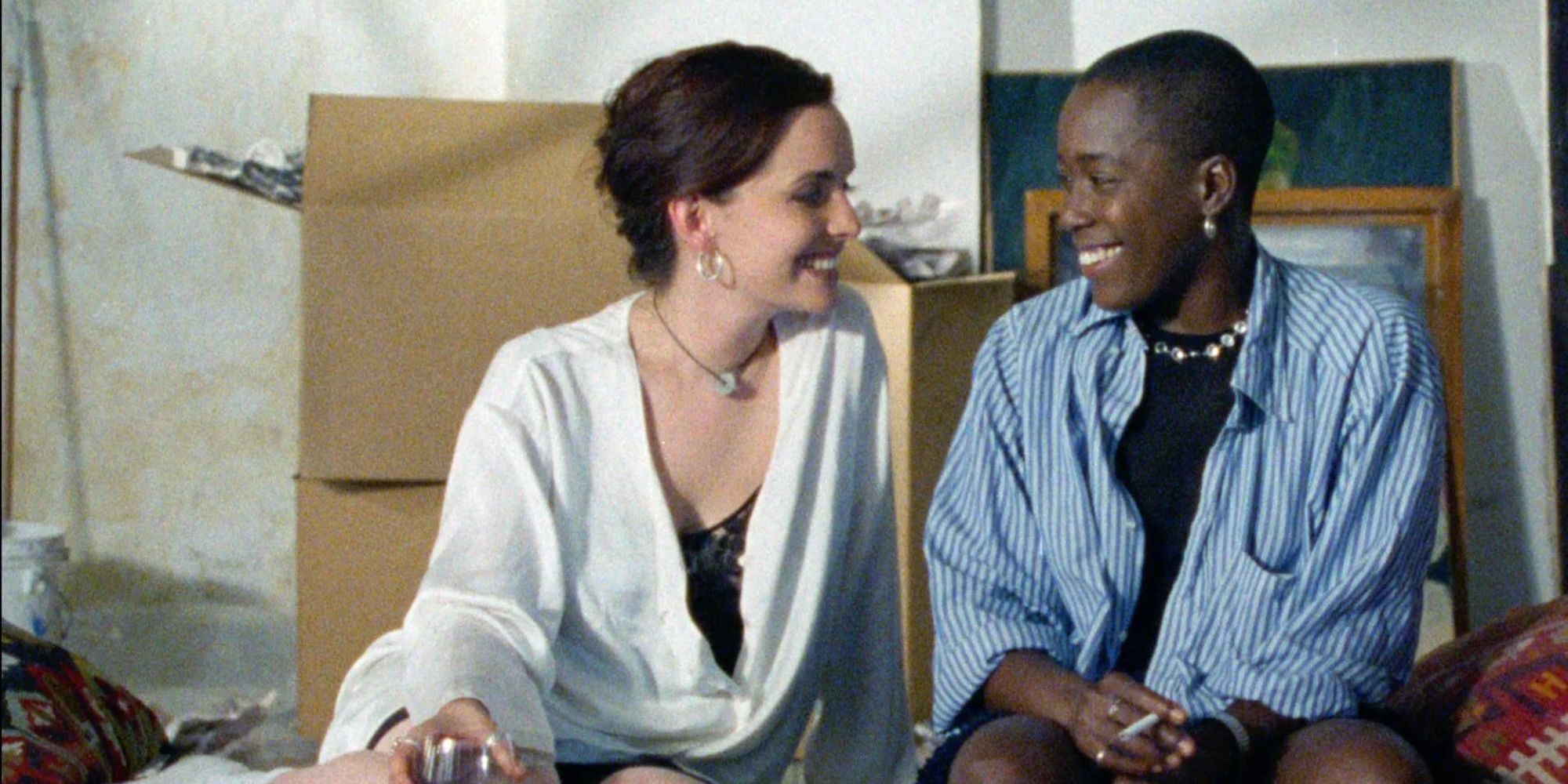
[ad_1]
Coming out of the closet is a momentous milestone for many people in the LGBT+ community. It marks a time when LGBT+ people proclaim their sexual orientation, romantic orientation, or gender identity. Many popular LGBT+ films like Greg Berlanti’s Love, Simon or Craig Johnson’s Alex Strangelove focus on the coming-out narrative.
While depicting such an important storyline has seen a large increase in the diversity of coming-of-age movie narratives, there are many flaws to being limited to this storyline. The linear finality of the coming out narrative is very restrictive, and the experiences of the LGBT+ community are far more diverse than the coming out narrative implies. Luckily, many films explore LGBT+ experiences beyond the coming-out narrative.
‘Booksmart’ (2019)
Amy (Kaitlyn Dever) has been out since the tenth grade, and on the eve of her high school graduation, she teams up with her best friend Molly (Beanie Feldstein) to make the most of their last night as high schoolers.
Olivia Wilde’s 2019 directorial debut Booksmartfollows the classic teen movie formula with a refreshingly modern, feminist, and queer twist. Amy’s attempts at love on her last night as a high schooler is a relatable tale for LGBT+ high achieving students who want to enjoy the same coming-of-age experiences as their peers.
‘The Kids Are All Right’ (2010)
Nic (Annette Bening) and Jules (Julianne Moore) are the proud lesbian parents of Joni (Mia Wasikowska) and Laser (Josh Hutcherson). When the two children come of age, they seek out their mothers’ sperm donor, Paul (Mark Ruffalo), and bring him into their family’s life.
Lisa Cholodenko’s 2010 Oscar-nominated film The Kids Are All Rightdepicts an unconventional family dynamic. With equal parts comedy and drama, this film is a realistic depiction of LGBT+ family structures outside the typical nuclear convention.
‘Carol’ (2015)
Therese (Rooney Mara) works in a department store during the busy Christmas season in 1952 when she meets Carol (Cate Blanchett). The two fall for each other, however when a private investigator is hired by Carol’s ex-husband Harge (Kyle Chandler) to obtain evidence of her homosexuality to grant him full custody of their child, Therese and Carol’s relationship isn’t the only thing at stake.
The 2015 period film Caroldirected by Todd Haynes is a glimpse into the life and struggles of LGBT+ people during an era when it was widely unaccepted.
‘BPM (Beats per Minute)’ (2017)
Set in Paris in the early 1990s, BPM (Beats per Minute) follows a group of young activists rising against the French government’s poor response to the AIDS epidemic that was affecting the lives of many gay men.
Directed by Robin Campillo, BPM brings the true story of French AIDS activism to the big screen. Depicting ACT UP, the real-world political group that worked to improve the lives of people with AIDS, BPM reveals an important chapter in LGBT+ activism in France.
‘Pride’ (2014)
Pride tells the true story of the alliance between LGBT+ activists and striking miners during the Summer of 1984. Set in the United Kingdom at a time when Margaret Thatcher was in power, the union of mineworkers is initially embarrassed to receive their support
This historical comedy directed by Matthew Warchus focuses on LGBT+ activism in a time of conservatism. Pride brings together two vastly different groups of people to find a sense of community during a crisis.
‘Milk’ (2008)
Harvey Milk (Sean Penn) is the first openly gay man ever elected to public office. Set in San Francisco in the late 1970s, Milk follows the politician’s time as a gay activist and his work inspiring others to join him in his fight for equal rights for all Americans.
Directed by Gus Van Sant, Milk is a biographical film depicting the life of the real-world politician Harvey Milk who held a seat in office for less than a year before his assassination.
‘Tangerine’ (2015)
Sin-Dee (Kitana Kiki Rodrigues) is a trans sex worker embarking on a mission with her best friend Alexandra (Mya Taylor) to get to the bottom of a scandalous rumor surrounding the woman her pimp cheater on her with on Christmas Eve.
A revolutionary and modern film in many ways, Sean Baker’s 2015 filmTangerinemade waves upon release – not just for the fact that it was shot entirely on an iPhone 5 – but for the way it depicted sex work with such nuance.
‘D.E.B.S.’ (2004)
Amy (Sara Foster) is a part of a secret spy organization known as D.E.B.S. (Discipline, Energy, Beauty, Strength). However, when she encounters the infamous supercriminal Lucy Diamond (Jordana Brewster) during a reconnaissance mission, the two discover a unique attraction for each other, making them question their allegiances.
Directed by Angela Robinson and based on her short film of the same name, D.E.B.S. is a campy and queer spy comedy that became a cult classic. It’s a fresh and fun film that overcame the typical dramatic conventions that LGBT+ narratives often found themselves in during that time.
‘Portrait of a Lady on Fire’ (2019)
Set in 18th century France, an artist, Marianne (Noémie Merlant), is commissioned to paint the wedding portrait of Héloïse (Adèle Haenel). Héloïse is reluctant to marry the man her mother has set her up with, and so the film instead follows the story of the intense desire that grows between Marianne and Héloïse.
Celine Sciamma’s 2019 film Portrait of a Lady on Firewon the Queer Palm at Cannes Film Festival for depicting desire through a queer female gaze.
‘The Watermelon Woman’ (1996)
Cheryl (Cheryl Dunye) is a young, Black, lesbian filmmaker working on a documentary project about a fictional 1930s queer Black actress known as the “Watermelon Woman” (Lisa Marie Bronson).
Dunye’s debut feature film The Watermelon Woman was a landmark for radical LGBT+ representation as this film helped found the era of 1990s cinema known as New Queer Cinema. A movement in cinema that saw more radical and honest depictions of the LGBT+ community outside the normalized depictions made for more heteronormative audiences, The Watermelon Woman was a film that added a unique queer sensibility to its queer narrative.
[ad_2]
Source link


